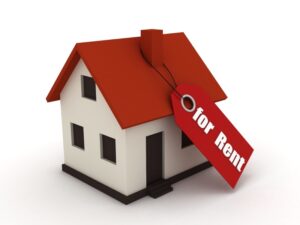After 4 months of lockdown and shut-down, the economy is slowly reopening, but the movement of individuals is slow to catch up. The pandemic clearly impaired people’s ability to view rentals, buy properties and move around safely. 
The once red-hot momentum of the economy back in February 2020 has been dead-cold. Individuals were sequestered from the normal day-to-day lifestyle and now tied down to where they were. This has affected the rental market causing rents to post just a 1.7% increase on an annual basis in May. Though this represents the slowest rent increase in almost a decade, the market is still obviously in an upward trajectory.
The rental market, especially in urban areas in densely populated districts, has taken a nose dive. Many people who were content to live in the non-stop urban centers are now looking to move out of the city, which usually represents the most expensive apartments to rent. And then, in other cases, suburban rentals that were close to highly-trafficked urban areas saw an increase in traffic and prices.
Obviously, the other factor impacting the rental market is the historic high number of individuals who are unemployed. Even though many economies are reopening, the job market is still looking to find the path back to growth, and this of course is having its effect on rental prices.
CoreLogic, which issued a report on these figures, expects to see rent growth flatten out in the near-term due to the massive loss of jobs. Whole industries are going to have to be rebuilt, such as travel, hospitality, sports and recreation.
As expected, certain cities that are not considered densely populated like Phoenix, saw its average rents increase by 6% year-over-year. Even Charlotte, North Carolina saw a 2.9% increase, compared with 2019.
Still, there are many of these areas that initially were not hit hard by the coronavirus, such as Florida, Texas and Arizona, where ‘rental sentiment’ continues to drive prices higher. Over the next two months we will see how much of an impact any spikes in COVID-19 will have upon rental demand.
